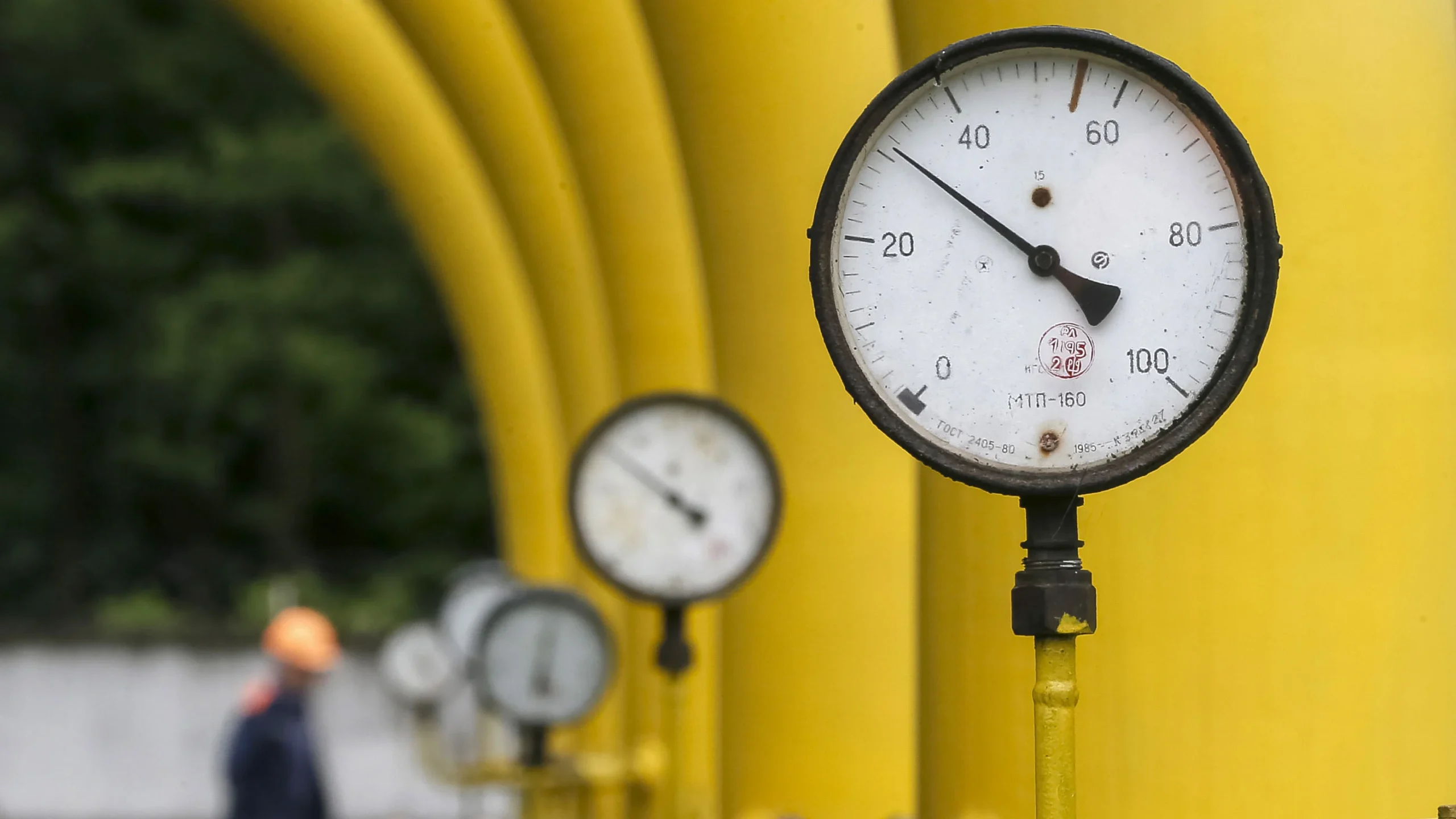In a significant geopolitical development, Ukraine has ceased the transit of Russian natural gas to the European Union as of January 1, 2025. The decision follows Kyiv’s refusal to renew the existing contract with Gazprom, Russia’s state-controlled energy giant, which expired on December 31, 2024. This move effectively ends the flow of Russian gas through Ukrainian pipelines, a conduit that has been operational for decades, even amidst the ongoing conflict between the two nations.
The cessation of gas transit has immediate implications for several Central and Eastern European countries, notably Austria, Hungary, and Slovakia, which have historically relied heavily on Russian gas supplies via Ukraine. The abrupt halt has prompted these nations to seek alternative energy sources to mitigate potential shortages during the winter months. The European Union, having reduced its dependence on Russian energy in recent years, still faces challenges in ensuring energy security for its member states affected by this disruption.
In response to the transit termination, energy markets have experienced volatility, with natural gas prices exhibiting fluctuations due to concerns over supply constraints. Ukraine, already grappling with economic challenges, may face further strain as the loss of transit fees—previously a significant revenue stream—compounds its financial difficulties. Additionally, there is an increased risk of Ukrainian gas infrastructure becoming a target for further hostilities, potentially exacerbating the nation’s energy security concerns.
The geopolitical ramifications of this development are profound. The cessation of gas transit underscores the deepening rift between Kyiv and Moscow, reflecting the broader context of their protracted conflict. For the European Union, this situation highlights the urgency of diversifying energy sources and routes to reduce susceptibility to geopolitical tensions. Efforts to enhance energy independence, including investments in renewable energy and alternative pipeline projects, are likely to gain renewed emphasis in light of these events.
As the situation unfolds, stakeholders across Europe are closely monitoring developments, cognizant of the delicate balance required to maintain energy security while navigating the complex geopolitical landscape that this cessation of gas transit represents.











